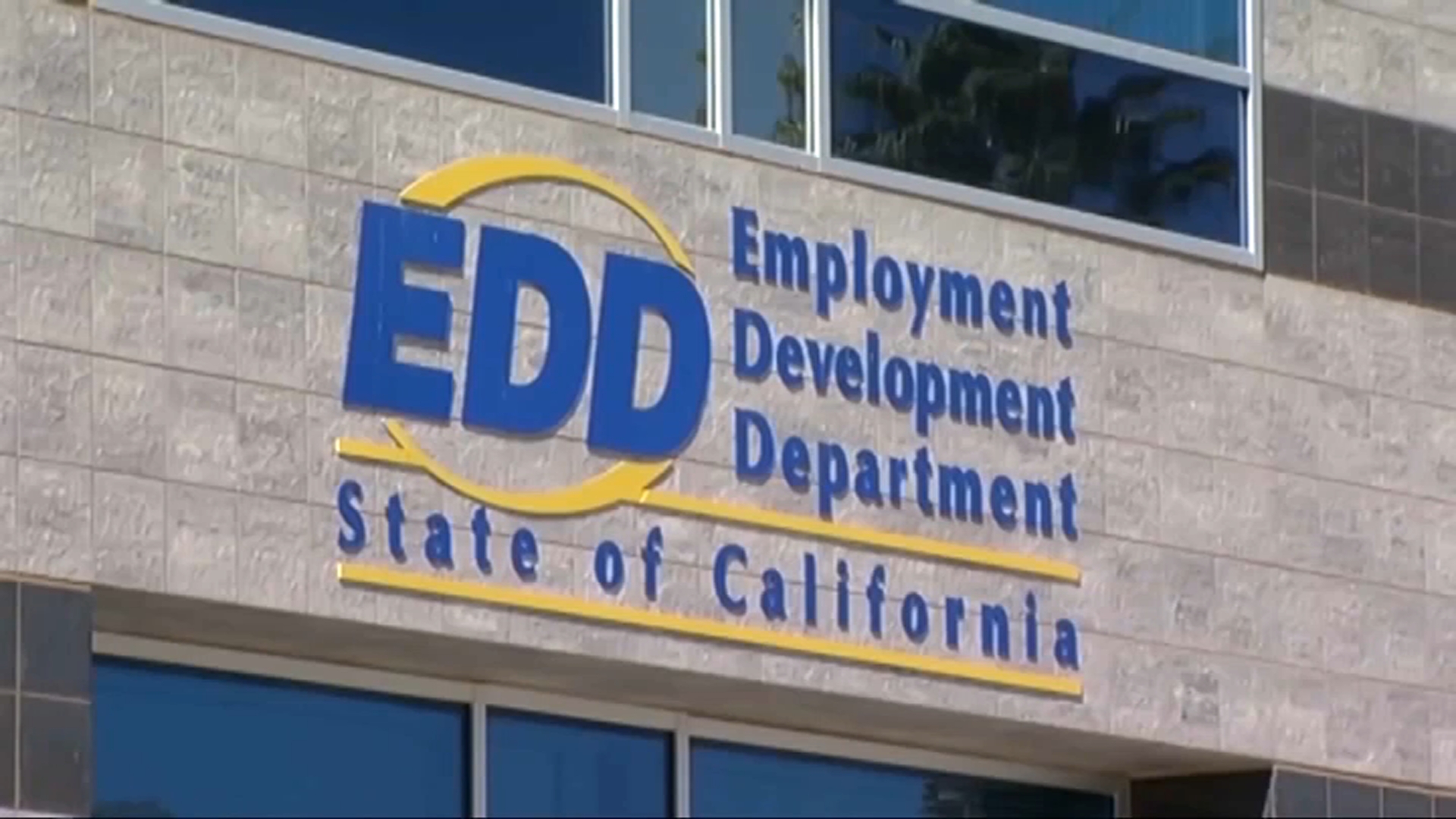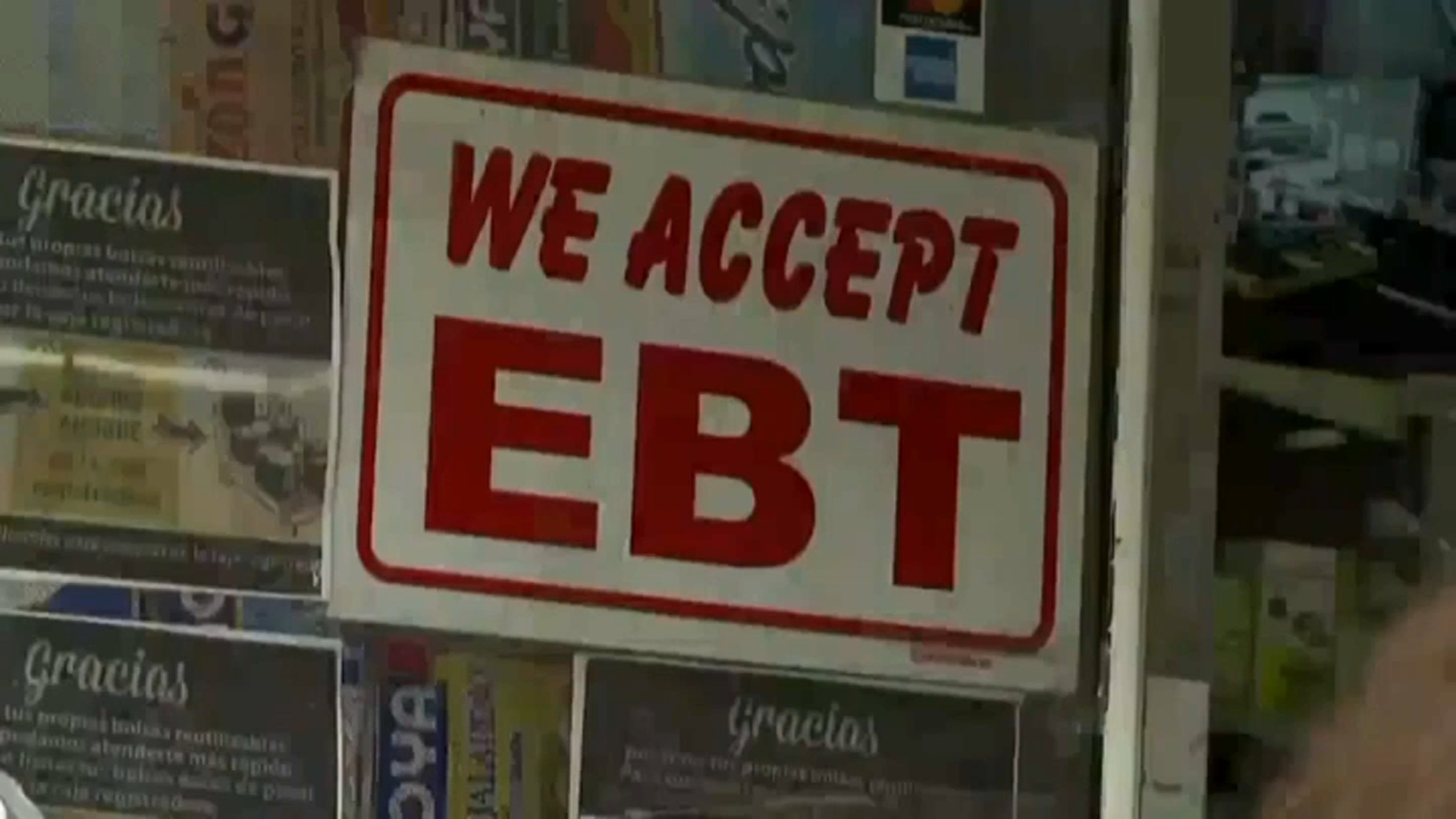What to Know
- Fraudsters are grabbing your money after you activate the card, but there’s a way to keep your money safe
- Experts say the fraud could be an inside job, based on when it’s happening
- Some cards are safer than others, and it’s easy to spot if you have one of those cards
Mario Loayza recently received his middle class tax refund debit card, along with roughly eight million other residents. He said he activated the card right away.
“But I didn't transfer the money to my bank, not yet. I was planning to do it, but I was busy and couldn’t do it right away,” said Loayza.
Leter, when he did try to transfer the funds, he was shocked to learn there weren’t any – all $1,050 was gone. Loayza logged into this Money Network account, the vendor that’s running the program, and learned the money had been spent at various retailers, including $800 at Nordstrom.
Get top local stories in Southern California delivered to you every morning. >Sign up for NBC LA's News Headlines newsletter.
“I thought, what the hell’s going on? They have good taste, anyway,” he said.
This has happened before
The state shouldn’t be surprised this is happening. Other state programs that issue debit cards have been plagued with problems, especially those that distribute unemployment benefits and food stamps. The most common issue is that the cards are skimmed, meaning fraudsters steal the data from your card through a device that’s attached to an ATM or point-of-sale terminal that you use. They can then create a new card with your data, allowing them to spend your money.
But this time experts are scratching their heads, because the money is disappearing after a consumer activates the card, but before they use it. So they don’t know how the cards are getting skimmed.
“That’s what’s stumping me,” said Dr. Clifford Neuman, a professor at the University of Southern California.
How the fraud happens
Neuman’s been researching security issues like this for decades, and thinks there are two possible explanations. He said scammers could be intercepting debit cards in the mail, skimming them, resealing them back into the envelope, and then waiting for the consumer to receive the card and activate it, so the scammer can then spend your money.
“Oftentimes, the criminals who are doing this don’t want to do that much work. I mean, especially, on an individual by individual basis,” said Neuman.
The other option, he said, is the one he thinks makes more sense.
“It’s possible that it’s an inside job,” he said.
Neuman also said a lot of fraud could be prevented if the cards contained chips, in addition to the magnetic stripe, which makes them harder to hack.
State anticipated fraud
The Franchise Tax Board (FTB) told the I-Team that some cards have chips, but others don’t because of supply chain issues. It wouldn’t tell us how many are chip-protected, saying it could help scammers.
As for suggestions that the fraud is an inside job, the FTB said: “We cannot comment beyond the fact that we anticipated the possibility of malfunctions and fraud.” It said it’s taking all claims of fraud seriously and will investigate each claim. And it promised that recipients will get the money they’re entitled to, but it may take 30 to 60 days.
Loayza isn’t optimistic.
“Right now I'm hopeless, to be honest with you, I'm hopeless,” he said. "I don’t think I’m going to get the money back."
Tips to help keep your money safe:
- After you activate your card, transfer the funds to your bank account or withdraw the money at an ATM as soon as possible.
- Store your card in a safe and secure place.
- Don’t share your card details with anyone, unless you’re making a purchase.
- Beware of text messages or calls asking you to activate or reactivate your card.
- Immediately report fraud at 800-240-0223.



